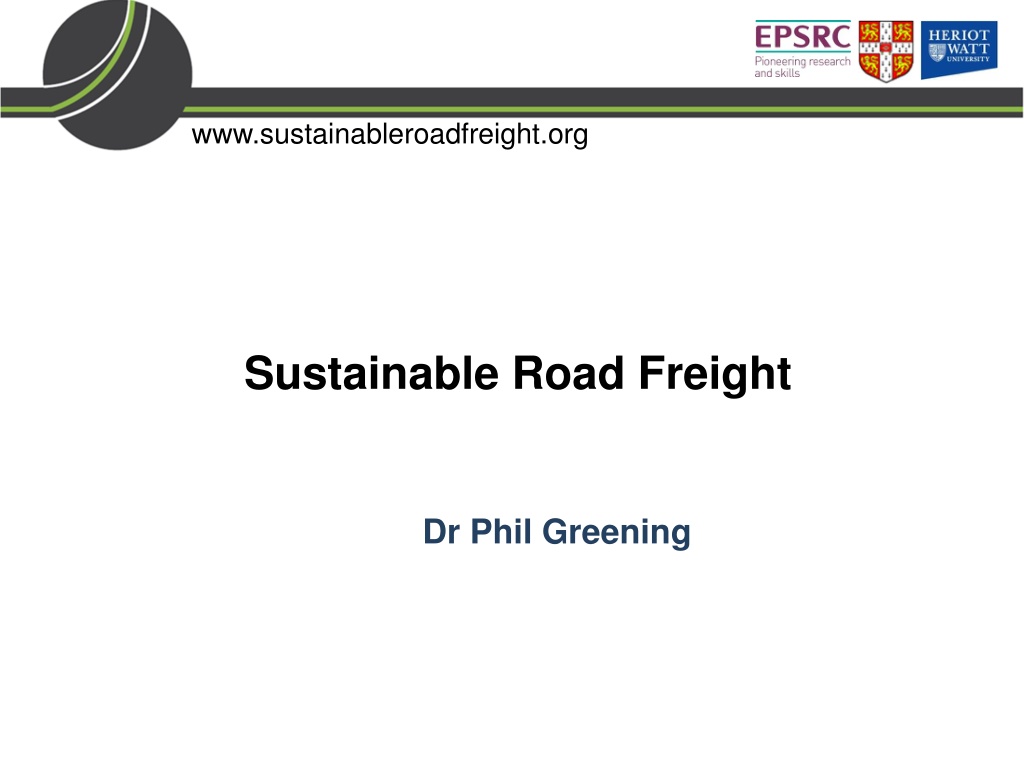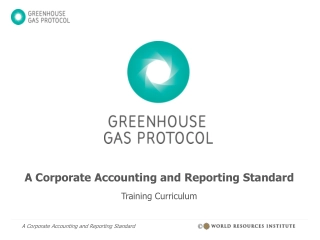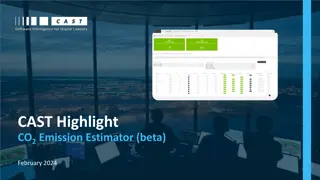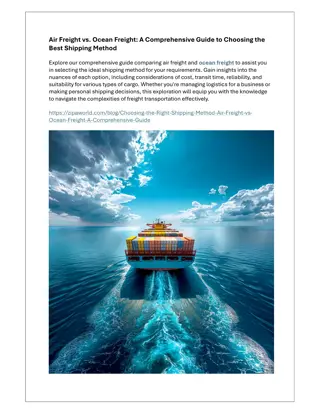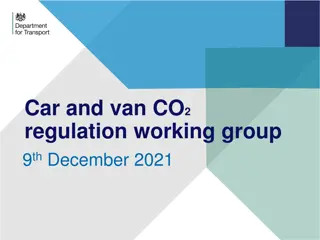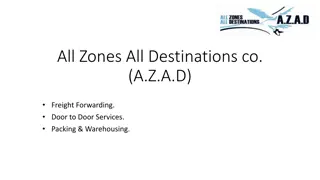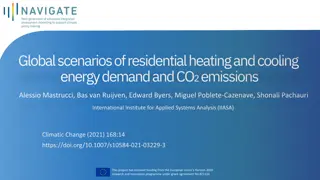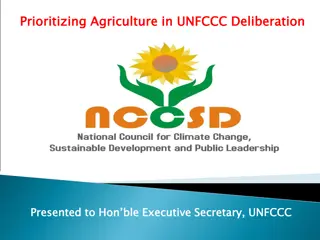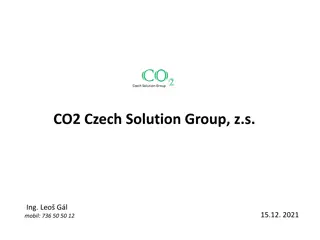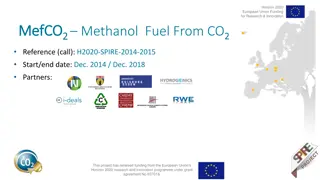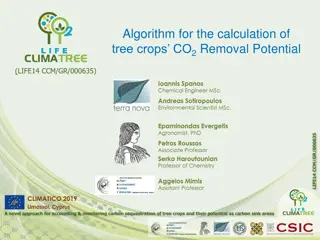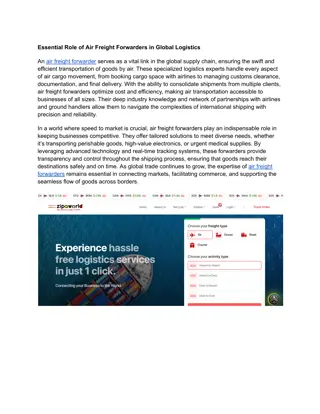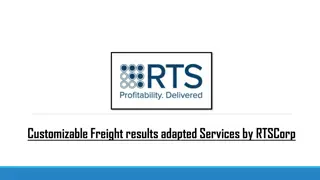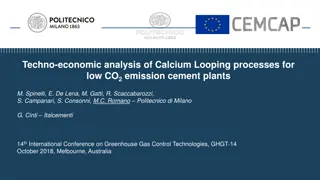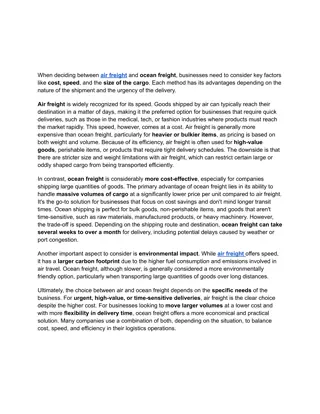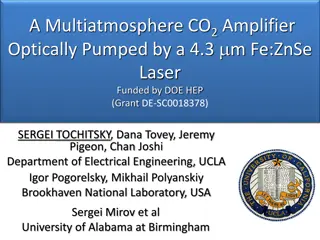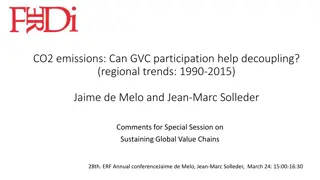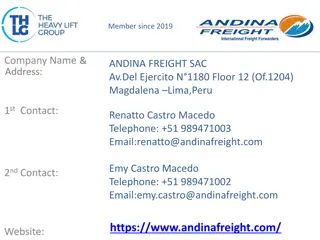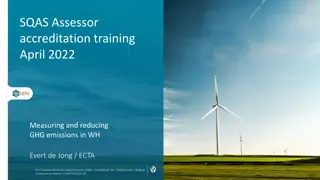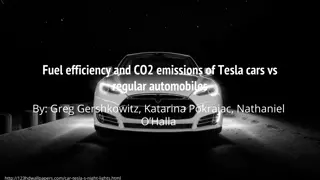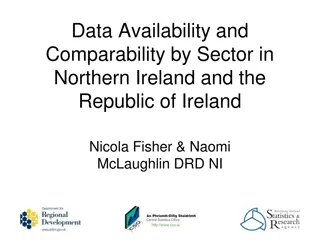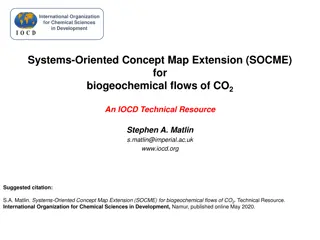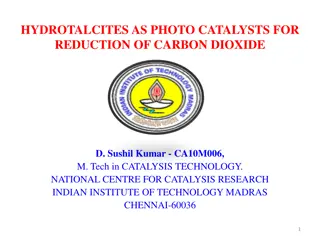Sustainable Solutions for Reducing CO2 Emissions in Road Freight Industry
Sustainable Road Freight initiative by Dr. Phil Greening focuses on technologies to reduce fuel consumption and CO2 emissions, logistics measures for efficiency, and a decarbonization pathway for the UK's transport sector. The strategies include using biofuels, electrification, efficient vehicle technologies, optimized logistics operations, and transitioning to cleaner energy sources gradually, emphasizing the importance of innovation and collaboration to achieve significant CO2 reduction targets.
Download Presentation

Please find below an Image/Link to download the presentation.
The content on the website is provided AS IS for your information and personal use only. It may not be sold, licensed, or shared on other websites without obtaining consent from the author. Download presentation by click this link. If you encounter any issues during the download, it is possible that the publisher has removed the file from their server.
E N D
Presentation Transcript
www.sustainableroadfreight.org Sustainable Road Freight Dr Phil Greening
Technologies for reducing fuel consumption and CO2 30% Dedicated Bio Gas Best Reduction of Greenhouse Gases High Capacity Vehicles solutions Electrification 20% Dedicated CNG with Dual Fuel Dedicated CNG/LNG Bio GasElectric Hybrids Hydraulic Hybrids Vehicle Technologies Aerodynamics Light-weighting Refrigeration Low RR tyres More efficient diesel Improved transmissions Fuels and lubricants 10% Driver Feedback? Routing Autonomous Vehicles Telematics Exhaust heat recovery Driver training Tyre pressure Platooning Smoother roads Hydrogen High Medium Low Barriers to mainstream adoption (Technical, Economic, Political)
Logistics measures for reducing fuel consumption and CO2 15% Best Best-case overall impact solutions Physical Internet 10% Vehicle Fill Co-loading Port Centric Logistics Home Delivery Of Groceries 5% Co-Modality Urban Routing Retiming Deliveries Last mile solutions consolidation centres Crowd sourced logistics Backhaul Drones High Medium Low Barriers to mainstream adoption (Corporate, Technical, Economic, Political)
One route to meeting -80% CO2for the UK Cost optimal decarbonisation pathway -power now, heat next, transport gradual Cost optimal decarbonisation pathway - power now, heat next, transport gradual Implications: Major interventions in the power sector needed immediately (renewables, nuclear...); decarbonised by 2040 Big transition in the heat sector after 2020 from gas to electric, district heating or hydrogen; decarbonised by 2050 High reliance on negative emissions technologies to deliver lowest-cost pathways Transport is the largest CO2emitter in 2050 New technologies and innovation needed Source ETI
